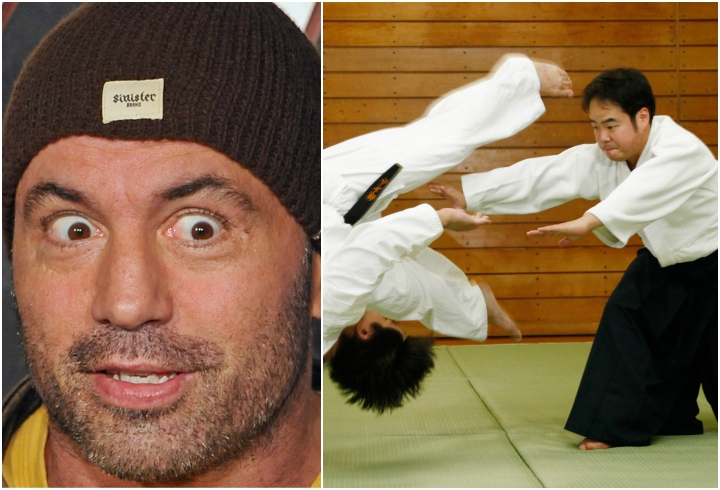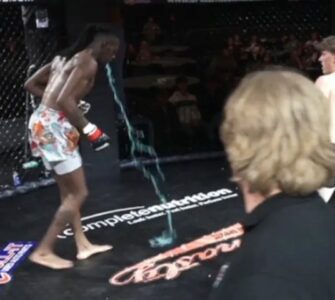Some of the martial arts are clearly Bullshido. Yet how do you know if the martial art you are doing is not? In this Brief Martial Arts episode we will take a close look at what exactly makes a martial art Bullshido and which practices are easiest to mistake as not one.
These days the term Bullshido is fairly common and even widely recognized. While it may sound like a term meant to intentionally insult / it can often be a noble attempt (just not always expressed well) / to expose false martial arts which encourage a lack of critical thinking and sometimes even cause potential danger to the lives of it’s practitioners and their loved ones, making them believe they are capable of defending themselves and others in an actual self defense situation.
Nevertheless there are still many martial arts which could be categorized as bullshido and continue to profit from their false claims without taking responsibility. In order to bring more awareness to this subject and to save people from falling into the wrong hands, in this Brief Martial Arts video we will take a closer look at what exactly defines a martial arts as bullshido and which practices could be considered such, so that present and future practitioners could be careful in choosing them.
To begin with let us have a detailed look at how to define and pin-point a Bullshido practice. The term Bullshido as explained by Urban Dictionary is: a martial arts instruction that is fraudulent, inept or otherwise not worth trusting. This is actually a very good description, yet to fully understand it, we will further break it down to distinguish a trustworthy practice from a bullshido one.
A martial art which is fraudulent
Part of the bullshido culture consists of martial arts and it’s representatives who make intentional, false claims that their martial art will offer great value to attract more students and to increase their revenue. Most of the times this suggested value consists of promising an effective set of self defense skills, while they are actually not capable of delivering it. Places who use this strategy are also sometimes referred to as McDojos.
Interestingly enough, in my experience most bullshido masters are actually not aware of their lack of ability to deliver their promise of an effective self defense system and they end up believing their false claims themselves. That brings me to the second part of the bullshido definition.
A martial art which is inept or otherwise not trustworthy
As mentioned before, some martial arts instructors and schools actually believe that they are capable of offering an effective set of self defense skills, while actually that is far from reality. Even famous martial arts such as systema, wing chun and taekwondo can fall into Bullshido Martial Arts category for these reasons.
Bearing this in mind, I want to point out, is that if a martial arts school is not promising the most effective set of self defense skills and officially addresses it’s lacks in this realm, such a practice should not be called Bullshido. It is primarily when the promise of effective self defense is made and the lacks of the system or instructor are not addressed, that is when a practice falls into the category of Bullshido. Unfortunately that is often times the case.
One more thing that is important to answer before starting to call out specific bullshido martial arts, is to identify what an effective system of self defense consists of. While many martial arts techniques appear realistic during training, often times they are learned with a non-resisting or non-alive attacker who is either majorly cooperative, or attacks with very low intensity and unpredictability. As addressed by the instructors of the most effective self defense systems – real setting self defense situations are very different from that of a training in a Dojo. Also, a real self defense situation offers many more components such as unusual terrain, a storm of internal chemistry, unfamiliar and hidden weapons and on top of that all, an attacker who by no means wants to cooperate and attack in a specific way. Thus any system which claims to be an effective system of self defense, yet refuses to do pressure testing in high level intensity, bases itself on cooperative and repetitive training or fails to address it’s limitations should not have the right to claim itself as an effective self defense system.
Written by Rokas Leo

















